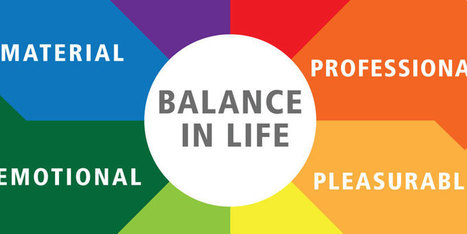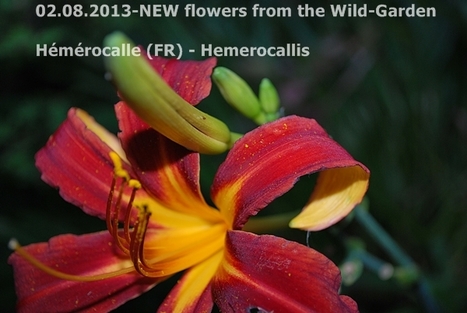What have the Romans ever done for us? Well, obviously the roads – the roads go without saying. How about guidance for how to live in the 21st century? That seems less likely, but in fact the last few years have seen a flurry of interest in the work of three Roman Stoic philosophers who offered just that. They were Seneca, tutor to the Emperor Nero; Epictetus, a former slave; and Marcus Aurelius, himself emperor.
Modern books drawing on their ideas and repackaged as guidance for how to live well today include A Guide to the Good Life by William Irvine, Stoicism and the Art of Happiness by Donald Robertson, The Daily Stoic by Ryan Holiday and Stephen Hanselman, and How to Be a Stoic by Massimo Pigliucci. What all these books share is the conviction that people can benefit by going back and looking at the ideas of these Roman Stoics. There’s even an annual week dedicated to Stoicism.
Stoicism holds that the key to a good, happy life is the cultivation of an excellent mental state, which the Stoics identified with virtue and being rational. The ideal life is one that is in harmony with Nature, of which we are all part, and an attitude of calm indifference towards external events. It began in Greece, and was founded around 300BC by Zeno, who used teach at the site of the Painted Stoa in Athens, hence the name Stoicism. The works of the early Stoics are for the most part lost, so it is the Roman Stoics who have been most influential over the centuries, and continue to be today.
Learn more / En savoir plus / Mehr erfahren:
https://www.scoop.it/t/21st-century-learning-and-teaching/?&tag=Philosophy
https://www.scoop.it/t/21st-century-learning-and-teaching/?&tag=Stoicism



 Your new post is loading...
Your new post is loading...
















What have the Romans ever done for us? Well, obviously the roads – the roads go without saying. How about guidance for how to live in the 21st century? That seems less likely, but in fact the last few years have seen a flurry of interest in the work of three Roman Stoic philosophers who offered just that. They were Seneca, tutor to the Emperor Nero; Epictetus, a former slave; and Marcus Aurelius, himself emperor.
Modern books drawing on their ideas and repackaged as guidance for how to live well today include A Guide to the Good Life by William Irvine, Stoicism and the Art of Happiness by Donald Robertson, The Daily Stoic by Ryan Holiday and Stephen Hanselman, and How to Be a Stoic by Massimo Pigliucci. What all these books share is the conviction that people can benefit by going back and looking at the ideas of these Roman Stoics. There’s even an annual week dedicated to Stoicism.
Stoicism holds that the key to a good, happy life is the cultivation of an excellent mental state, which the Stoics identified with virtue and being rational. The ideal life is one that is in harmony with Nature, of which we are all part, and an attitude of calm indifference towards external events. It began in Greece, and was founded around 300BC by Zeno, who used teach at the site of the Painted Stoa in Athens, hence the name Stoicism. The works of the early Stoics are for the most part lost, so it is the Roman Stoics who have been most influential over the centuries, and continue to be today.
Learn more / En savoir plus / Mehr erfahren:
https://www.scoop.it/t/21st-century-learning-and-teaching/?&tag=Philosophy
https://www.scoop.it/t/21st-century-learning-and-teaching/?&tag=Stoicism